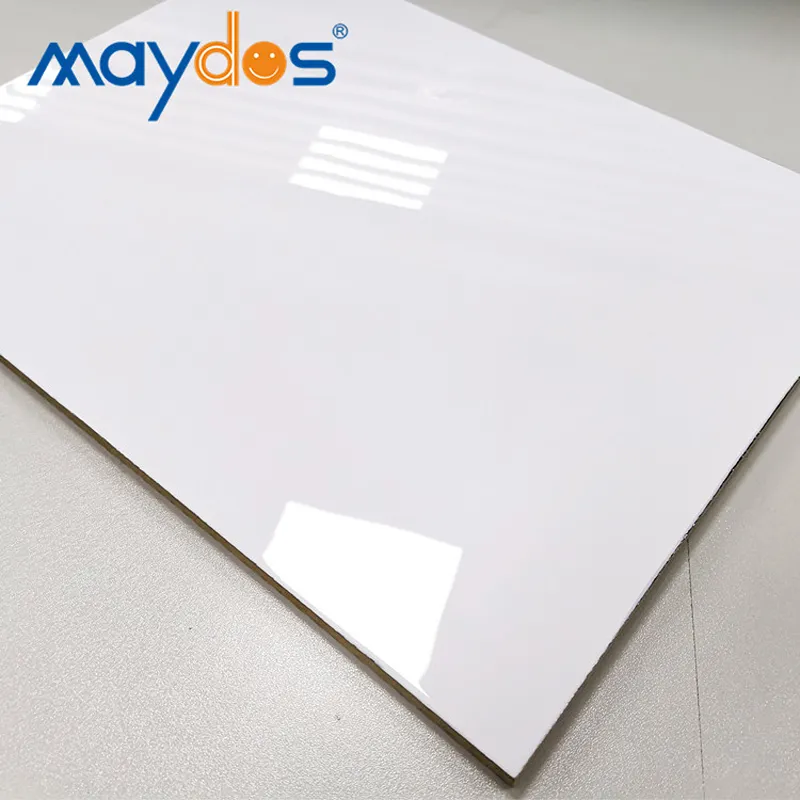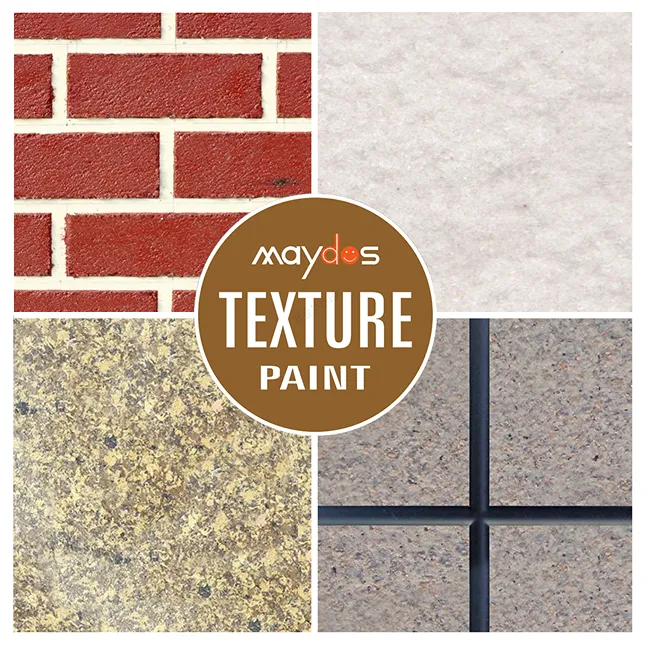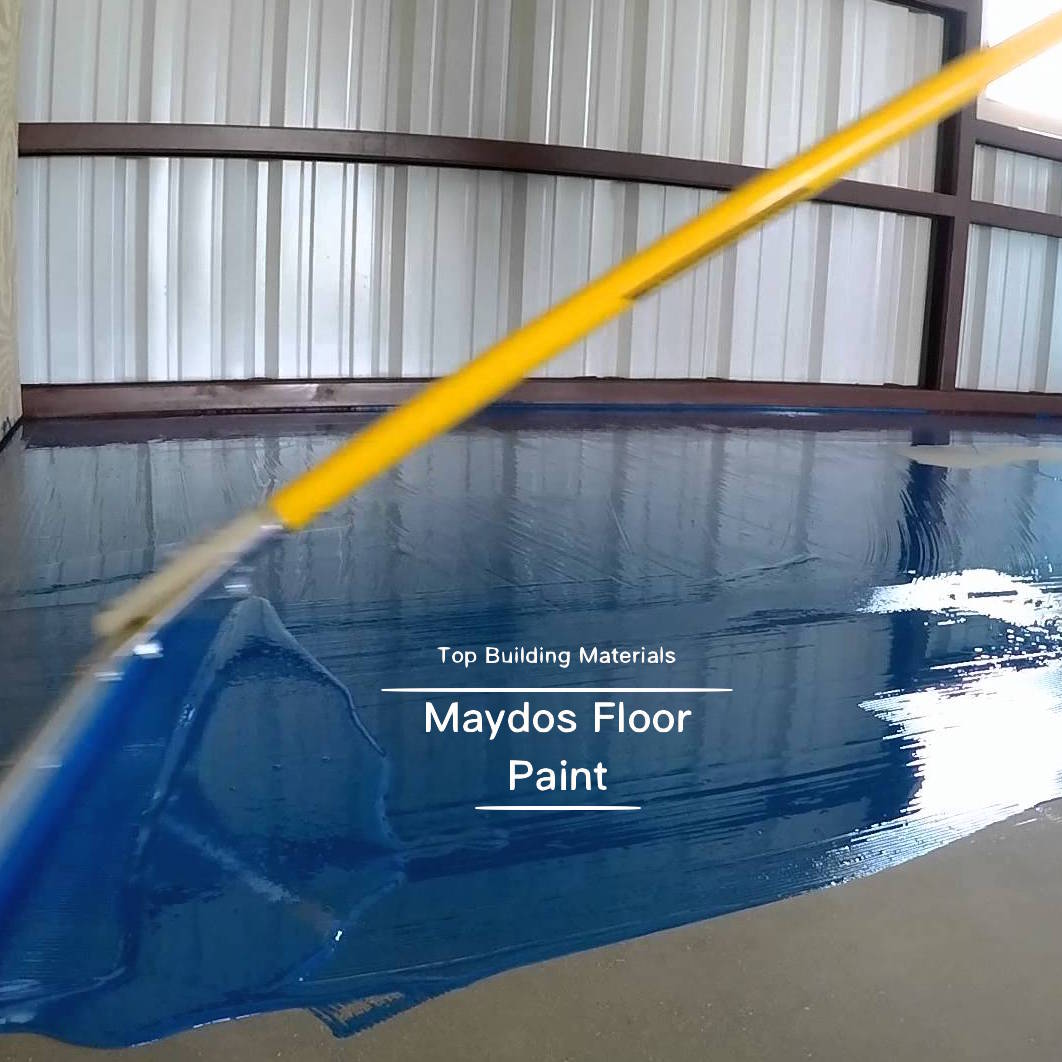Glue Adhesive Factory
For the past few years, the Glue Adhesive Factory has been one of the fastest growing industries in the country. It provides products such as Industrial coatings, Glues, Foams, Tapes, and Hot melt adhesives. These adhesives are used to bond materials such as wood, metal, plastics, paper, and other materials to a variety of surfaces.
Glue
An adhesive is a product used to bond two pieces of material. Adhesives are usually based on natural or synthetic sources. The use of adhesives has been around for thousands of years. Initially, glues were made from animal products. But as technology evolved, people began producing synthetic adhesives instead.
The first commercial glue factory was founded in Holland in 1700. Today, some companies still produce animal glue. However, these glues are not as widely used as other types of adhesives because they are water-soluble.
Some of the most common types of adhesives include starch, resins, and polyvinyl acetate. Glues can be found on the packaging of many foods. In addition, there are adhesives for shoemaking and bookbinding.
Glues can also be derived from vegetable sources. Plant-based adhesives are made from corn, potato starch, and rice. These are generally nontoxic and water-resistant.
Synthetic adhesives, on the other hand, are based on petroleum-derived polymer-based compounds. They can be made from ethylene, butyl rubber, or other materials.
One of the most popular adhesives is Super Glue. It is a liquid that is suitable for mending dishes, repairing leather, and bonding metals.
Another type of adhesive is Cyanoacrylate. This type of glue is used to bond metal, glass, and ceramic.
Although the animal-based glue industry has been decimated by the advent of synthetics, some manufacturers still produce glues based on animal products. For example, there are still many horse glues on the market.
When searching for an adhesive, make sure to consult a reliable glue supplier. Not only will they help you find the right product, but they will also guide you through the details. As the number of products continues to grow, it is hard to find the perfect match.
Hot melt adhesives
Hot melt adhesives are polymer-based glues that can be applied in different ways. They are ideal for a variety of industrial applications. These include automotive, packaging, medical, electronics, and woodworking.
Hot melt adhesives can be sprayed, blown, extruded, slot die-coated, or applied by manual application. The chemistry of the substrate affects the adhesive bonding. It is important to select an adhesive that will work well with the substrate.
Reactive hot melt adhesives have high adhesion to a wide range of materials. This allows them to form a strong, weather-resistant bond. These adhesives also offer moisture resistance. In addition, they provide a high-pressure sealing capability.
Traditional hot melt adhesives are temperature-sensitive. Their open time is short, and they often lose their strength at elevated temperatures.
These adhesives are made from various thermoplastic polymers. Some of these are EVA, polyester, and polyamide. Polyamide adhesives are particularly good for oil-resistant applications.
Pressure-sensitive hot melt formulations are usually made from block copolymers. These adhesives are used in tapes and laminates.
A protective coating is also often incorporated in a hot melt adhesive. This prevents the oxidation of the adhesive and improves its storage stability.
These adhesives are often referred to as foamed hot melts. This type of hot melt has a longer open time. However, it may not have the same high temperature resistance.
The most common general-purpose hot melt adhesive is based on ethylene vinyl acetate (EVA) resin. There are also polyurethane (PUR) and epoxy versions of these hot melts.
These adhesives are generally applied between 100 and 230 degC. They can be reheated or rolled. They can be sprayed, spiral sprayed, and extruded.
Adhesives are becoming more prevalent in the manufacturing industry. Many industries use adhesives to improve efficiency and quality.
Foam adhesives
Foam adhesives are used to glue various foams together, and are also widely used in other industries. They are available in many different sizes and models.
Foam bonding glues are particularly suited to bonding thermally insulating foams, as well as acoustically insulating foams. Some foam bonding glues also bond foam to wood or metal.
Some of the most popular foam adhesives include hot melt adhesives, which are easily applied. They are easy to use, and cure quickly. However, they can make cracking noises when moved.
Another type of foam adhesive is a spray. Spray adhesives are made from a synthetic rubber. It’s a good choice for bonding a wide variety of materials, including foam, leather, fabric, wood, glass fiber and sandwich structures.
Another type of foam adhesive is solvent based. These are suited for high strength bonding. This type of foam adhesive is sprayed on with a spray gun, or spread by a brush.
Solvent based products have a bad reputation for being hazardous to the environment. You must wear protective clothing and masks to use them.
A variety of natural-based adhesives are also available. These are supplied in liquid solutions or dry powders. The chemistry of the adhesive is often based on plant and animal by-products.
Many adhesives are resistant to heat, alkali and gasoline. They can be used for a wide range of applications, and can be purchased in liquid, aerosol, coating, or paste form.
If you’re interested in purchasing foam adhesives, be sure to check out ThomasNet, a leading industrial source for the best foam adhesives. Their technical customer service can help you troubleshoot your water-based adhesives.
Foam bonding glues are useful in a wide range of industries, such as the furniture and mattress manufacturing, automotive, and aircraft interiors industries. They are used for everything from pillows and cushions to seat covers and sound deadening foams.
Tape adhesives
A glue adhesive factory offers tape adhesives that are easy to use and provide a wide variety of uses. They are designed to provide a high-quality bond, fastening, and seal. They are available in various adhesives, backings, and carrier materials.
Depending on the application, certain adhesives work better on certain surfaces. For example, a foam adhesive is ideal for sealing openings. Another type, silicone, offers good adhesion and high temperature resistance.
An adhesive is a polymeric compound that is applied to a surface. The molecular structure has to be solid enough to create a strong and reliable bond. It has to be able to hold onto a substrate, but it also has to be loose enough to flow into pores.
Some adhesives require special tools or containers to apply. Others, such as liquid adhesives, can be versatile. However, they may not be suited to high-stress applications.
Pressure-sensitive adhesive tapes are a convenient way to attach parts. This type of adhesive is tacky at room temperature. Unlike glues, they can easily flow on a substrate without heat.
These adhesives offer high shear strength and high UV-resistance. Additionally, they have excellent die-cutting performance. Also, they are acid-free.
When using pressure-sensitive adhesives, it is important to make sure that you are not storing them in moist conditions. This can affect their performance. If you are going to store them in a warehouse, it is best to keep them away from moisture.
Although these adhesives are easy to use, they are not recommended for high-stress applications. In addition, they have a limited bonding strength and are susceptible to UV light.
Tape can be used to join two surfaces, seal packages, and dampen noises. There are many different types of adhesives and they all have different advantages and disadvantages.
Industrial coatings
Industrial coatings are chemically engineered to provide protection for metal and other industrial products. These coatings are applied to surfaces to prevent rusting, fading, and abrasion. They also offer superior strength and appearance.
The process of manufacturing industrial coatings involves a variety of materials. Some of the components used include sealants, plastics, silicone, polysulfide, and polyvinyl acetate.
Manufacturers often turn to adhesives when traditional bonding methods fail. In addition to their strength, adhesives eliminate the risk of heat damage. This is especially important when using light weight products.
Industrial adhesives also improve performance on surfaces that are difficult to bind. For example, adhesives can bond wood and metal, as well as a range of other surfaces.
PPG offers an extensive range of coatings and paints. Their products are used in a wide range of industries. Whether you need a water repellent coating, an anti-skid coating, or a scratch resistant cosmetic finish, PPG has you covered.
PPG also manufactures automotive refinish products and decorative coatings for metal. They are trusted by original equipment manufacturers, as well as by the home and business owners they serve.
A study by Technavio predicts that the coatings market will reach $13.9 billion by 2023. In addition, it shows that the paint and coatings market will increase by 4 percent annually until 2025.
Master Bond has been providing custom formulated sealants and adhesives to the engineering community for more than 40 years. It is a leading manufacturer of UV/LED curing compounds, silicones, and over 3,000 grades of epoxies. Moreover, their technical experts are there to provide one on one technical support.
In addition to their custom coatings, Master Bond also offers several government specification coatings. Among them are water resistant, epoxy polyamide chemical and solvent resistant, and temporary corrosion arrestor. Lastly, they also make thin dense chromium coatings for aerospace.





















